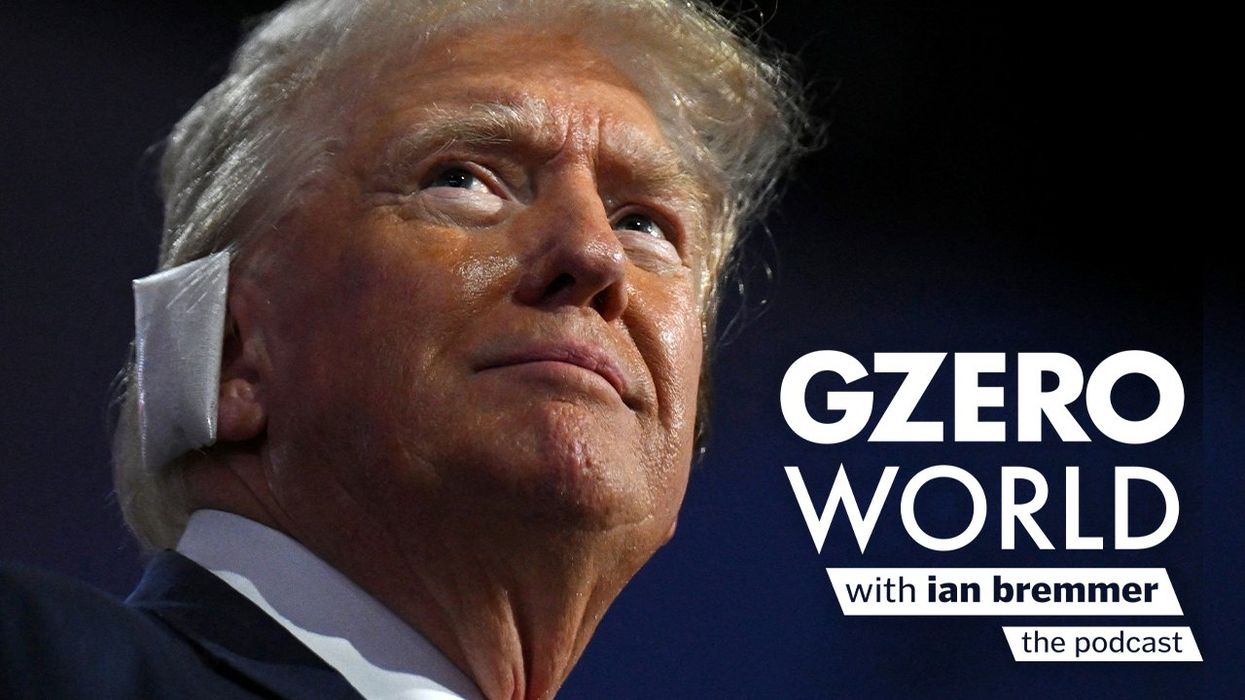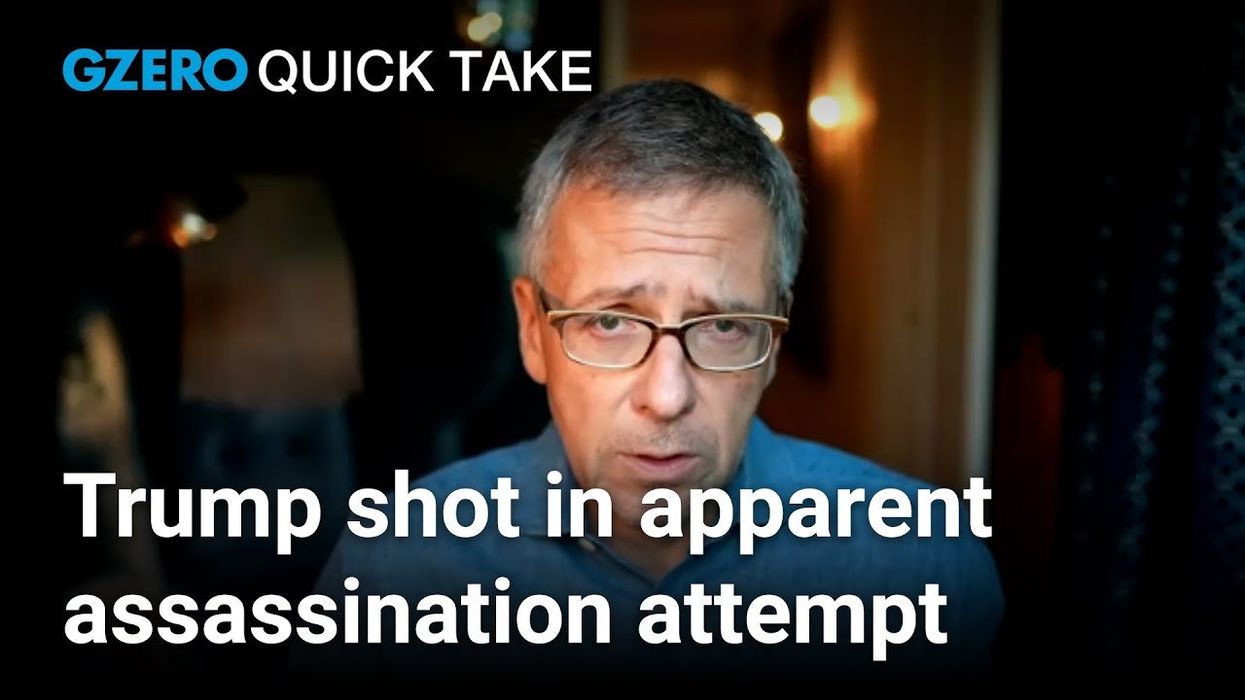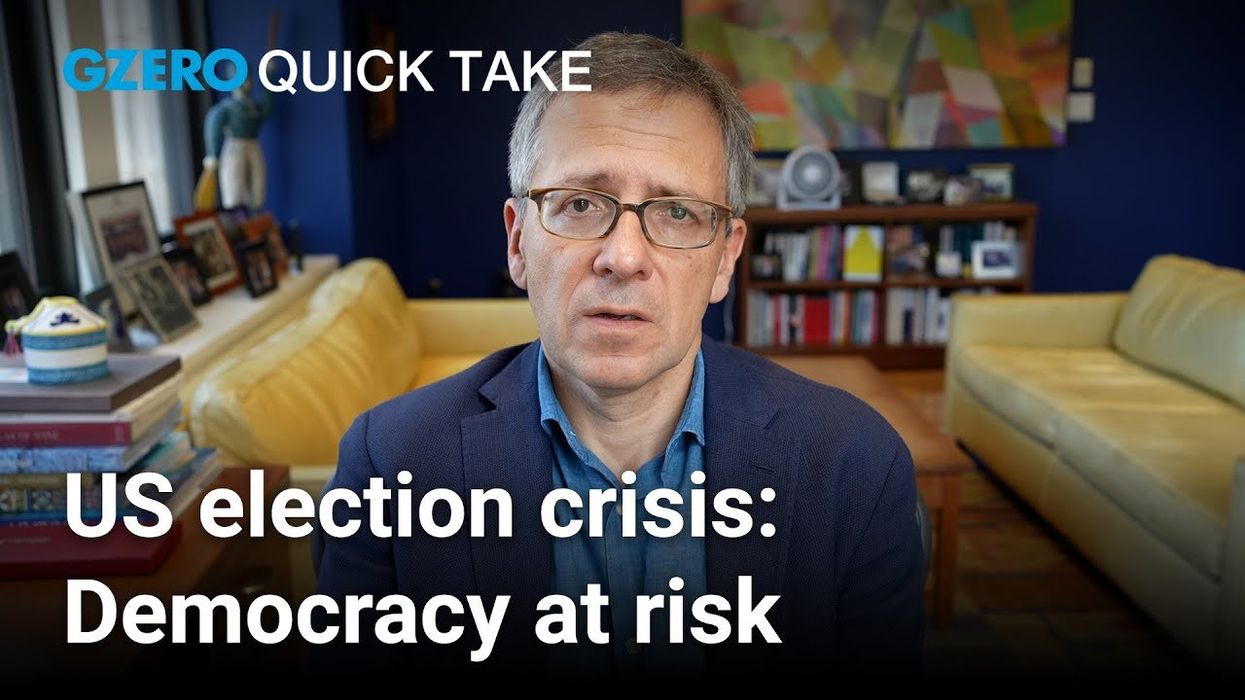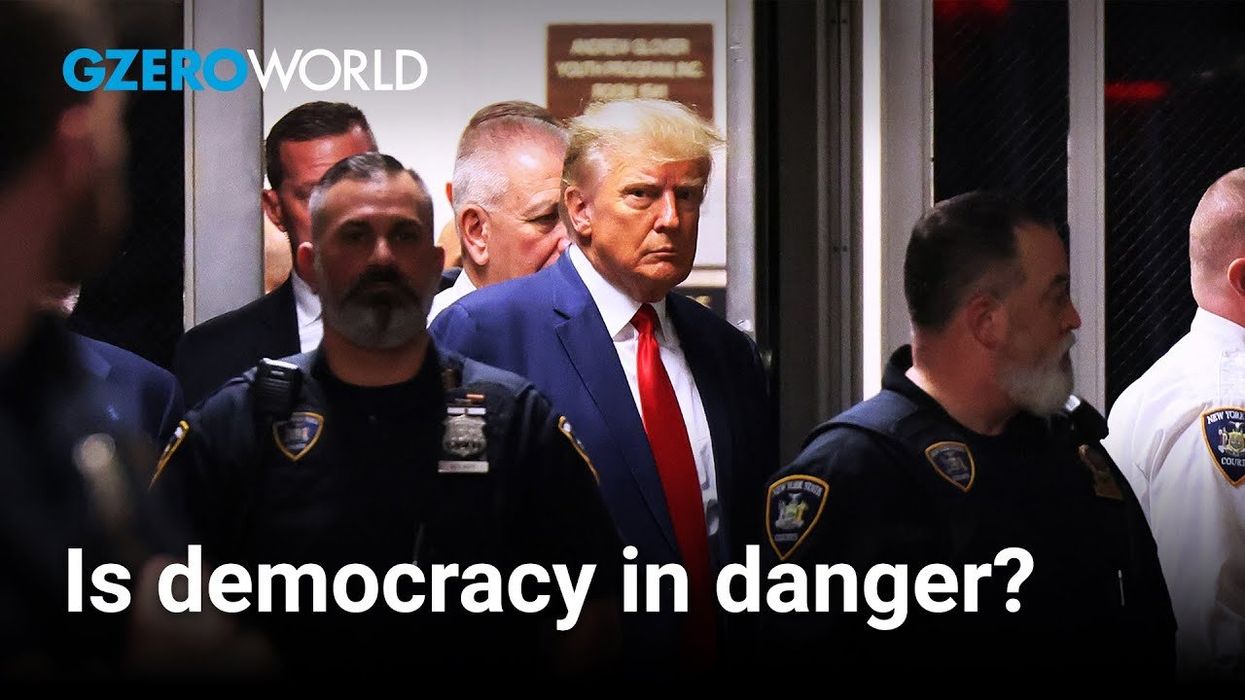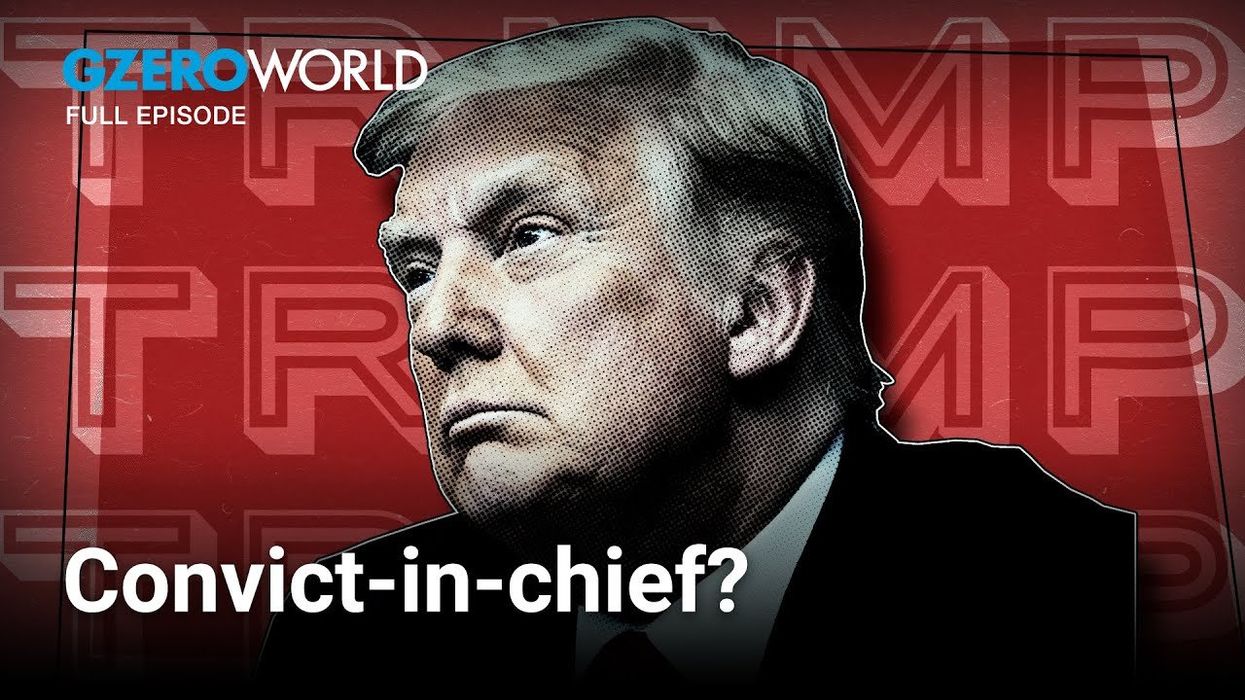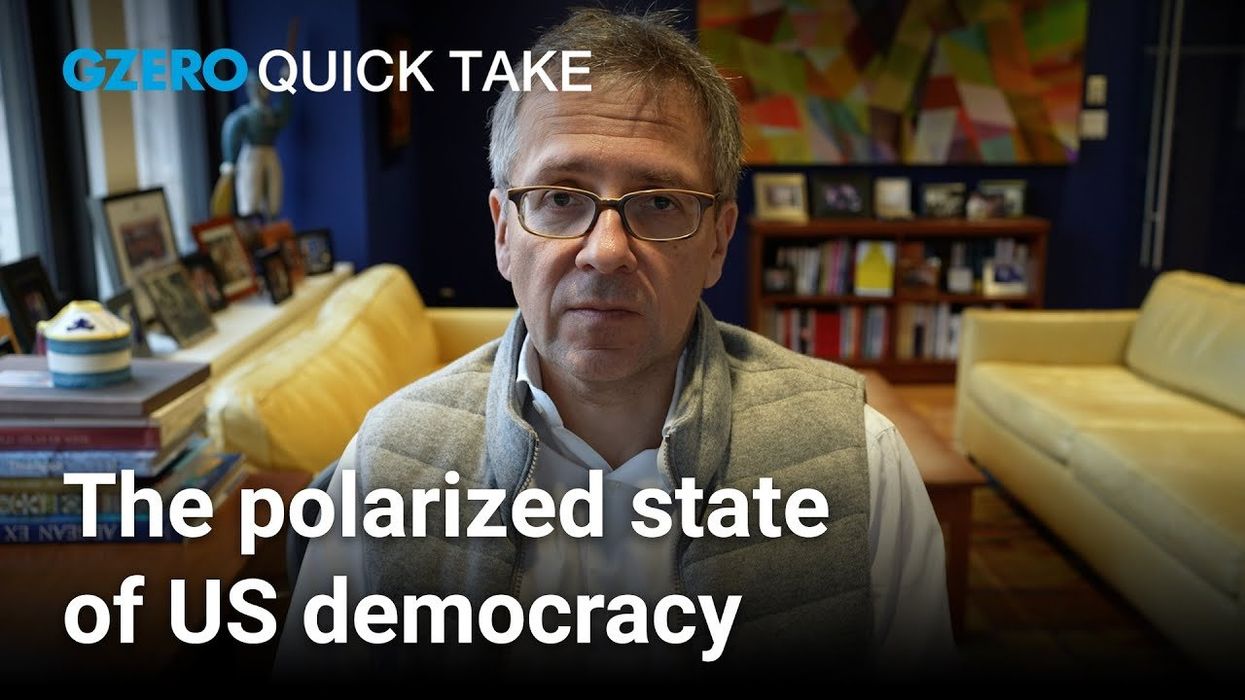GZERO World Clips
How will the summer of 2024 be remembered in US history?
We are living through history in the making, and it is stressful. On GZERO World, Ian Bremmer asks media journalist Brian Stelter and Vanderbilt historian Nicole Hemmer how future generations will view the current political moment in the United States.
Jul 22, 2024



